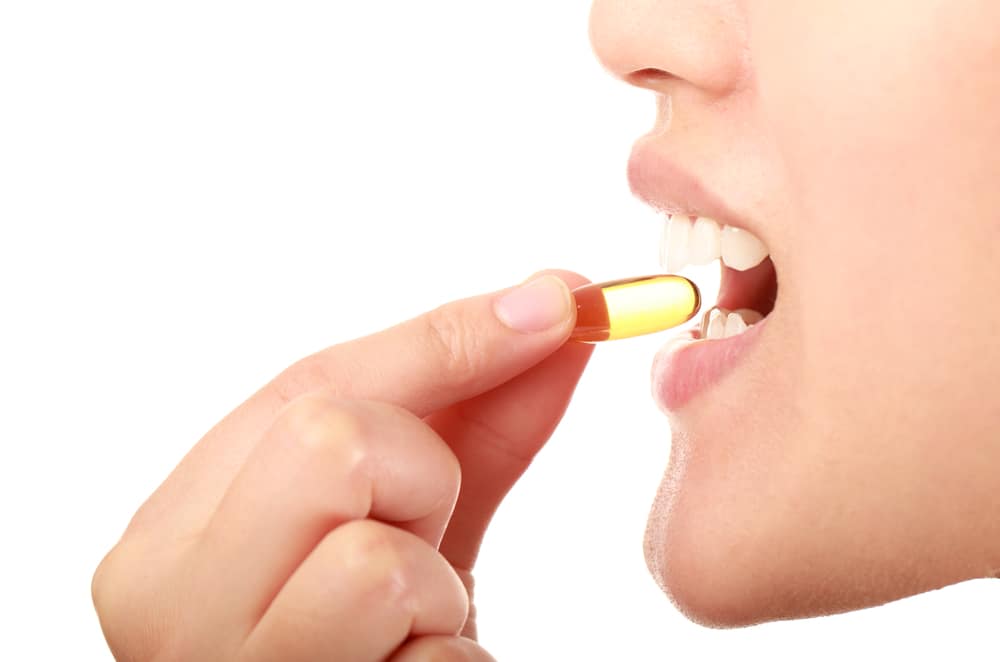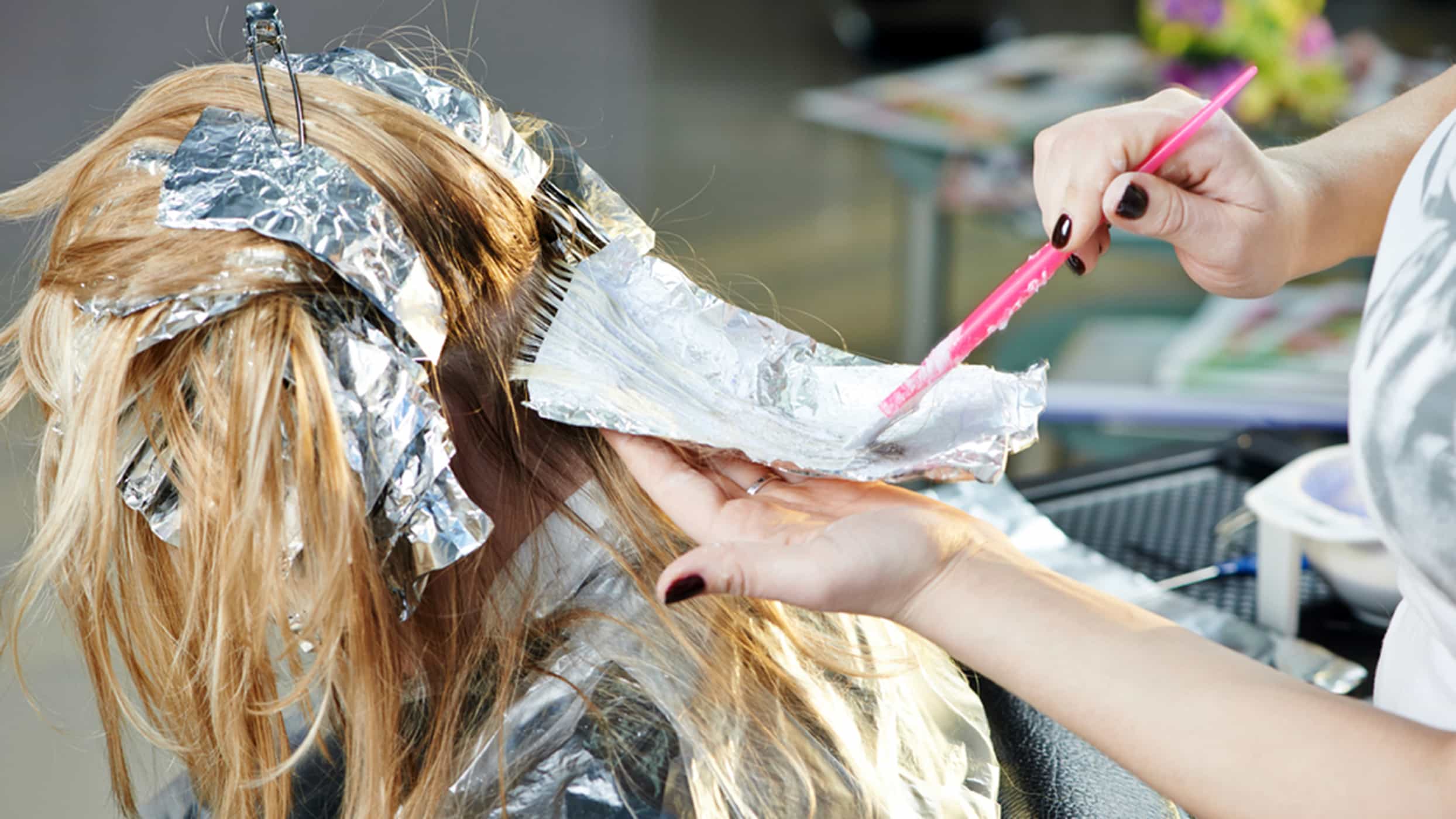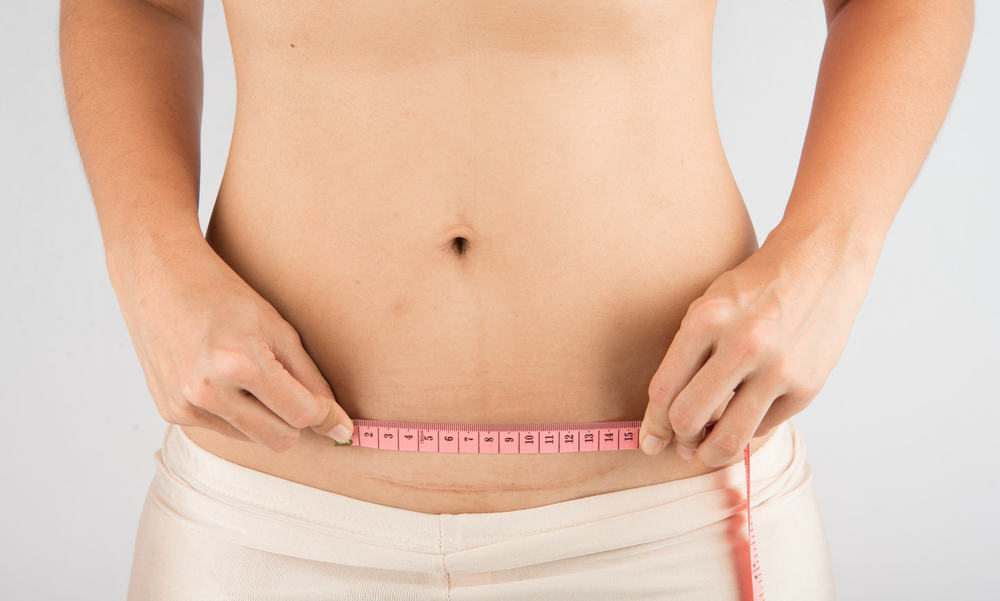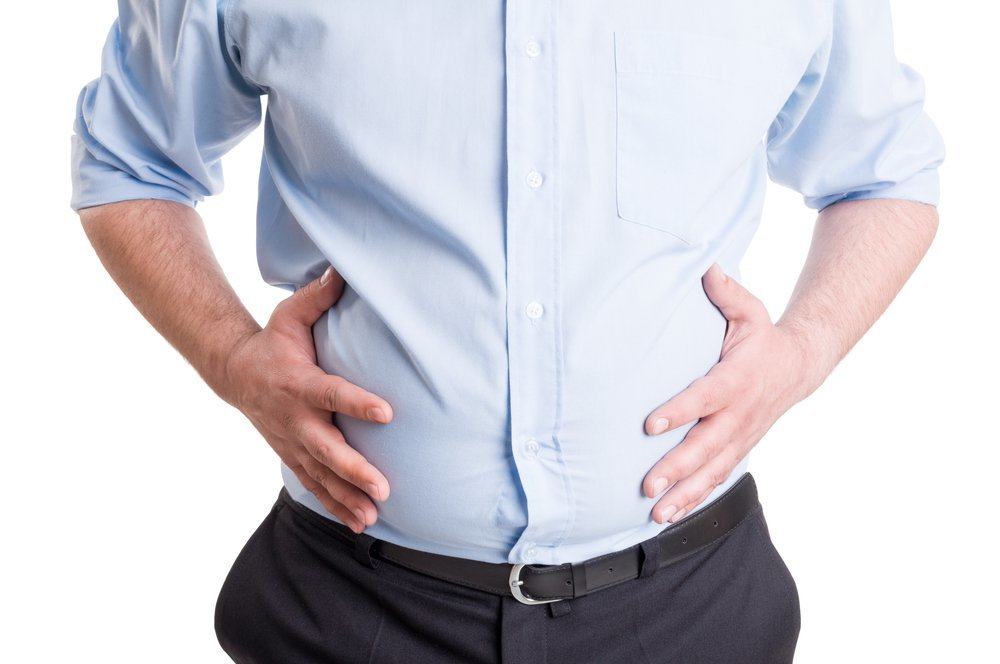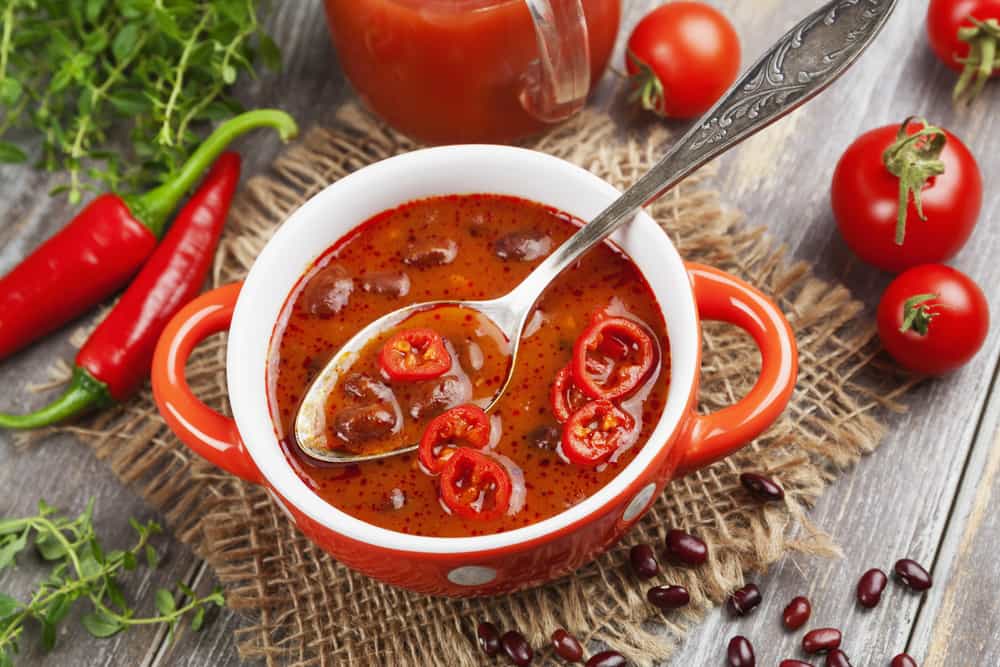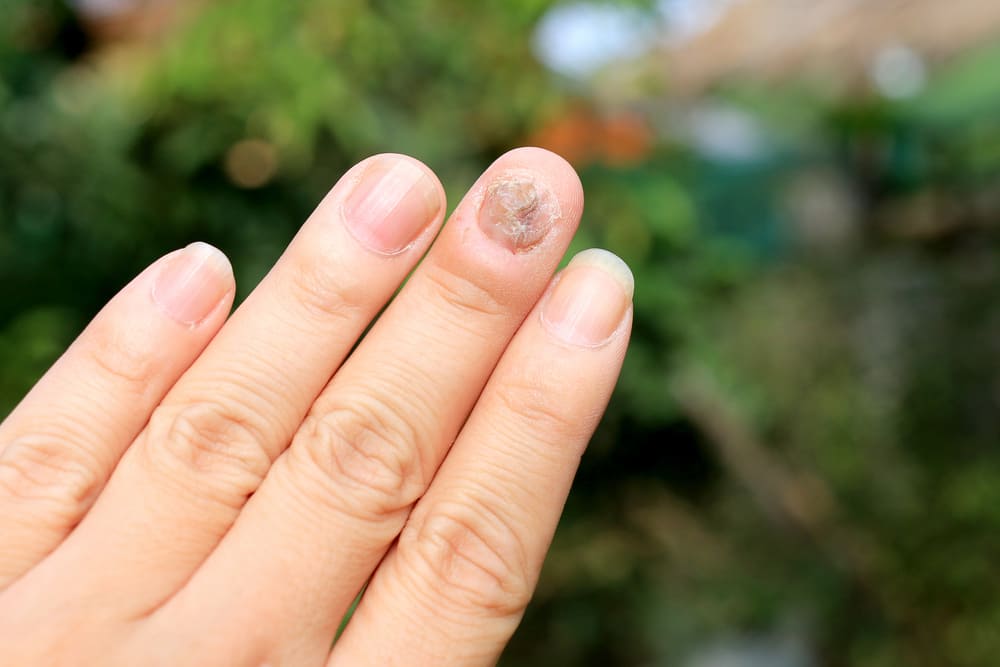Contents:
Medical Video: Do I Need a Multivitamin on Intermittent Fasting?
Multivitamin supplements are often the mainstay of many people to maintain body fitness during fasting. Vitamin E is included in one of the best choice vitamins because it contains antioxidants which can increase the immune system of the body. But how much is the benefit of taking vitamin E during fasting? Here is the full review.
The function of vitamin E for the body
Vitamin E has several functions, but its main role is to act as an antioxidant. Antioxidants help prevent damage to cells and DNA in the body by neutralizing harmful molecules called free radicals. Free radicals can enter your body from anywhere. From the air you breathe, from the food you eat, and from the sunlight that touches your skin. Free radicals have long been associated with an increased risk of various diseases, ranging from Alzheimer's, cancer, heart disease, atherosclerosis, Parkinson's, and a number of other diseases. Free radicals also trigger the premature aging process.
In addition to its function as an antioxidant, vitamin E is known to help increase the body's metabolism and digestive system. Vitamin E also supports the body's immune system by helping your body fight pathogens. Taking vitamin E can improve the health of your cardiovascular system while also helping you avoid vascular disorders and heart disease. The antioxidant functions of vitamin E may also benefit your eyes and help prevent cataracts.
Vitamin E supplements are also commonly consumed to treat diabetes and its complications. This vitamin is also used to prevent cancer, especially lung and mouth cancer in smokers; Colorectal and polyp cancer; and cancer of the stomach, prostate and pancreas. Women use vitamin E to prevent complications in old pregnancy due to high blood pressure (preeclampsia), premenstrual syndrome (PMS), excessive menstrual pain, menopausal syndrome, hot flashes associated with breast cancer, and breast cysts.
Vitamin E is sometimes used to increase physical endurance, increase energy, and reduce damage and increase muscle strength after exercising. However, the efficacy of vitamin E does not stop in the health sector. Thanks to its antioxidant content, fat-soluble vitamins are also known to have a myriad of benefits for skin and hair beauty. As a result the skin looks more supple and youthful, and the hair becomes more shiny and healthier. Vitamin E is also reported to help cure minor burns and reduce scars.
Do you need to take vitamin E during fasting?
Many people take vitamin E while fasting in the hope that the antioxidant properties of these vitamins will prevent or treat disease. But research on the efficacy of vitamin E to prevent cancer, heart disease, diabetes, Alzheimer's disease, cataracts, and many other conditions to date is inconclusive.
There are only a few clinical studies that show that taking vitamin E during fasting is beneficial for health. A number of studies have indeed found health benefits from vitamin E, especially to prevent heart disease. But most are only in the form of initial observations and are not always well designed. While further studies, many of which have been proven by clinical trials, actually say otherwise.
So far, the only health benefits of vitamin E that have been proven are only present in people who really have vitamin E deficiency. However, the condition of vitamin E deficiency is relatively rare. This condition is more likely to occur in people who have certain diseases, such as digestive problems with rare nutrition abetalipoproteinemia, cystic fibrosis, and movement disorders tardive dyskinesia. People with low-fat diets may also have low vitamin E levels. Premature babies with very low birth weight (<1,500 grams) may also experience vitamin E deficiency.
Be aware of the risk of vitamin E overdose during fasting
According to the Indonesian Ministry of Health's Nutrition Adequacy Rate (AKG), the recommended limit for daily intake of vitamin E for adults is 15 mcg or 22 IU per day. On the other hand, vitamin E supplements generally provide at least ≥100 IU of vitamin E. This amount alone is much higher than the recommended daily RDA limit (100 IU = 67 mcg of vitamin E). Not to mention if you have to add vitamin E intake that you get from food.
Vitamin E is a type of fat-soluble vitamin, and is found in many foods, including vegetable oils, cereals, meat, poultry, eggs, fruits, vegetables and wheat germ oil. Sunflower seeds and peanuts, and oil and butter made from this plant, provide a large amount of vitamin E. Broccoli, tomatoes, spinach, kiwi, and mango are also rich in vitamin E.
Therefore, it is still very possible for someone to experience a vitamin overdose due to consuming too much vitamin E. According to the University of Florida, the maximum daily intake of vitamin E for healthy adults should not exceed 1,000 milligrams or 1,500 IU on average. Eating more than this amount can cause bleeding problems, which may become severe enough to cause bleeding in the brain that triggers a stroke. Other common side effects of overdose of taking vitamin E include nausea and vomiting, diarrhea, headaches, skin rashes, fatigue or weakness, blurred vision, and problems in the uterus or testicles. What's more, a study in the Journal of the American Medical Association reports that excessive intake of vitamin E can actually increase your risk of heart disease.
If you want to routinely take vitamin E while fasting to maintain fitness, you should consult with your doctor before you start taking supplements in any form. The American Heart Association recommends that the public prioritize the intake of antioxidants, including vitamin E, from consuming fresh foods and not rely on supplement products until the benefits and risks are truly certain.

